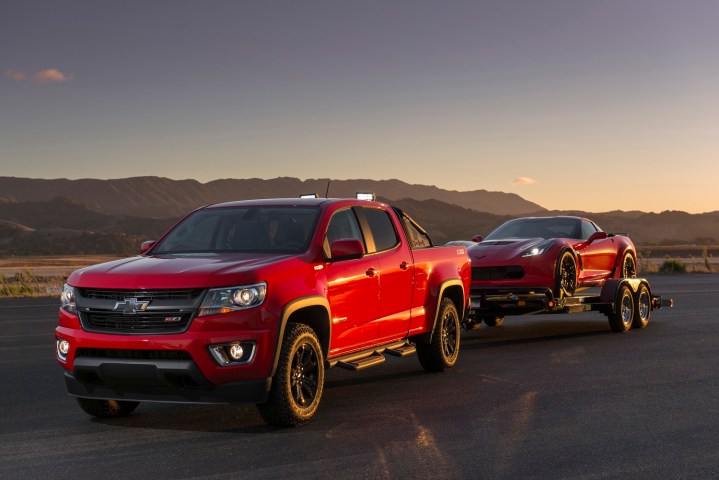
The Diesel Technology Forum (DTF) states that while in most recent years diesel engines have accounted for 3 percent of the market, this year that number will drop. Not surprisingly, the reason for the decrease is the Dieselgate, scandal, involving VW’s admitted software cheating affecting its diesel-engined cars, which only turned on the full emission-control hardware when the cars detected a test condition. Otherwise, they ran dirtier. And VW wasn’t the only company with diesel engine issues and reduced sales of light vehicles. The result has been that diesel engine sales are down and are likely to remain that way for the rest of the year.
In the longer run, however, diesels will be back. Both the DTF and Honeywell, which makes the turbos used in many turbodiesel engines, believe several factors will lead the sector to not just regain but double its previous market share.
Right now we are enjoying extremely low gasoline prices. Because diesel engines typically get better mileage than gasoline engines, the advantage for diesels is therefor less pronounced, as it is for alternative fuel and hybrid-powered cars. When gas prices go back up, the inevitability of which no one appears to question, the diesel engine fuel economy advantage will have a stronger draw on buyers. Particularly with the increasing number of cars that demand or work best with premium gasoline, diesel fuel and the extra mileage it delivers will seem like even more of a bargain.
Emissions standards are going to continue to tighten and while that affects both diesel fuel and gasoline powered vehicles, the DTF claims diesel engines have a better chance of delivering the combination of performance, fuel economy, and emissions control people want than do gasoline motors.
The continuing shift in the U.S. from cars to “light-duty trucks,” which means not just pickups, but also SUVs and crossover vehicles, also favors diesel engines. Today light-duty trucks account for 55 percent of overall U.S. light vehicle sales. And no one predicts that the trend to light-duty trucks is reversing. If anything, sales of coupes and sedans are decreasing percentage-wise while crossover and SUV shares are increasing. When you add the appeal of size and function of crossovers and SUVs to the equation, the need for better fuel economy is even stronger.
The DTF says that consumers view the VW diesel problem as a problem with the company, not the fuel. A wide variety of vehicle manufacturers are preparing diesel engine cars and light duty trucks and that too is expected to drive the diesel market share higher.




